In India, data security, especially concerning Aadhaar, is a major worry. A recent survey indicates that a large majority of Indian citizens (87%) believe their personal data has already been exposed or compromised, a significant increase from the previous year. Over half specifically suspect their Aadhaar or PAN card details have been leaked. This situation underscores the critical need for businesses and organizations to adhere to strict, UIDAI-compliant security measures when storing and handling Aadhaar data. It's essential to examine the existing legal framework, understand the risks tied to Aadhaar data leaks, and determine how businesses can ensure they are both compliant and effectively securing this sensitive information. With Aadhaar being widely used for identity verification across sectors like banking, telecom, and e-commerce, it has become a target for cybercriminals. Instances of Aadhaar-related fraud, phishing scams, and unauthorized data access have increased, raising concerns over privacy and security.
For example, during the Mahakumbh festival, many people reported receiving WhatsApp messages from unknown numbers soliciting donations. The recipients claimed they had never shared their contact details with such organizations, suggesting unauthorized data access. This incident reflects a larger issue—how personal data, including Aadhaar details, may be getting leaked or sold without consent.
In the rapidly evolving digital landscape of governance, protecting citizen data has become paramount. As government services increasingly rely on digital identity verification, the need for robust, secure, and compliant data management systems has never been more critical. Enter the Aadhaar Data Vault – a revolutionary solution that's transforming how states manage and protect Aadhaar data while ensuring seamless citizen services.
.jpg)
What is an Aadhaar Data Vault and Who needs it?
The Aadhaar Data Vault is a secure, UIDAI-compliant system designed to encrypt, tokenize, and safeguard Aadhaar data for citizens and government systems. Think of it as a digital fortress that stores sensitive identity information while providing controlled, audited access to authorized applications and services.
At its core, the vault serves as a centralized repository where Aadhaar numbers are encrypted using advanced cryptographic techniques and replaced with unique reference tokens. This approach ensures that sensitive data never leaves the secure environment while still enabling government departments to verify citizen identities and deliver services efficiently.
In order to regulate the storage of Aadhaar numbers in databases, the UIDAI divided AUAs (and KUAs, when it’s applicable) into two categories: Global AUAs and Local AUAs.
All banks were classified as global AUAs, including commercial banks, payment banks, regional banks, rural banks, cooperative banks, and small finance banks, as well as life insurance firms and India’s National Payments Corporation. PPIs, NBFCs, telcos and non-life insurance companies were among those classified as local AUAs.
All agencies with an Aadhaar Number, whether they are global AUAs/KUAs/Sub-AUAs, are required to use an Aadhaar Data Vault. However, these agencies could be organizations that have Aadhaar Numbers for internal identification purposes, such as the attendance management system or linking with the PF Account, and so on. Agencies that have stored Aadhaar Numbers in structured and electronic form, such as a database, must have an Aadhaar Data Vault.
CSM Tech's Comprehensive Aadhaar Data Vault Solution
The CSM Aadhaar Data Vault solution delivers robust data security and strict adherence to UIDAI guidelines, providing organizations with a complete software ecosystem for secure Aadhaar data management. CSM offers the entire software package required to implement an enterprise-grade Aadhaar Data Vault within your organization, eliminating the complexity of building such systems from scratch.
The Security Architecture That Sets It Apart
HSM-Grade Encryption
The vault employs Hardware Security Modules (HSM) that meet FIPS 140-2/3 certification standards – the gold standard for cryptographic security. These modules generate and manage encryption keys, ensuring that Aadhaar data is protected with AES-256 and RSA-2048 encryption standards.
Tokenization for Privacy Protection
Instead of storing raw Aadhaar numbers, the system generates unique reference tokens that map to encrypted data. This means that even if unauthorized access occurs, the actual Aadhaar numbers remain completely protected and unusable.
API-Driven Access Control
All data access happens through secure SOAP/REST APIs with robust authentication mechanisms. Applications can only retrieve information using reference tokens, and every transaction is logged and monitored in real-time through Security Information and Event Management (SIEM) tools.
Real-World Impact: Success Stories from Indian States
The Aadhaar Data Vault's transformative impact is best demonstrated through the remarkable achievements of two pioneering states that have successfully implemented this secure infrastructure at scale.
Odisha's Digital Excellence: OAAF
The Odisha Aadhaar Authentication Framework (OAAF) stands as a testament to the vault's scalability and reliability:
- 1.14 billion+ authentications processed, demonstrating massive transaction handling capability
- 87.5 million eKYC verifications completed, streamlining citizen identity verification
- 42.5 million reference tokens generated, ensuring privacy-protected data access
- 46,397 authentication devices deployed across the state, creating comprehensive coverage
- Integration across 16 departments, establishing a unified digital governance ecosystem
Bihar's Transformation: BAAF
The Bihar Aadhaar Authentication Framework (BAAF) showcases the vault's efficiency in large-scale implementations:
- 718 million+ authentications successfully processed across government departments
- 9.1 million eKYC transactions completed, enabling swift citizen service delivery
- 110 million reference tokens generated, maintaining data privacy at scale
- 15,125 authentication devices operational, ensuring widespread accessibility
- Real-time beneficiary targeting eliminating ghost beneficiaries and saving public funds
Combined Impact
Together, these implementations have processed over 1.86 billion authentications, making them among the world's largest secure identity management deployments. The success of both frameworks demonstrates that robust security infrastructure enhances rather than hinders government service delivery, creating a new paradigm for trusted digital governance.
Key Benefits for Government and Citizens
For Government Departments
- UIDAI Compliance: Full adherence to 2016 regulations and guidelines
- Centralized Management: Single secure vault for all Aadhaar data
- Audit Trail: Complete transaction logging for compliance and monitoring
- Scalable Architecture: Handles growing transaction volumes effortlessly
- Cost Efficiency: Eliminates duplicate systems and reduces infrastructure costs
For Citizens
- Enhanced Privacy: Tokenization ensures Aadhaar numbers are never directly exposed
- Faster Services: Real-time authentication enables quick service delivery
- Reduced Fraud: Strong encryption prevents identity theft and misuse
- Transparent Governance: Audit trails ensure accountability in data usage
The Future of Secure Digital Governance
The Aadhaar Data Vault represents more than just a security solution – it's a foundation for trusted digital governance. As more states adopt this technology, we're witnessing the emergence of a new paradigm where citizen privacy and government efficiency coexist harmoniously.
The success stories from Bihar and Odisha demonstrate that robust data security doesn't have to compromise service delivery. Instead, it enhances it by building citizen trust and enabling innovative digital services that were previously impossible due to security concerns.
Building Tomorrow's Digital Infrastructure Today
As India continues its digital transformation journey, solutions like the Aadhaar Data Vault are crucial for maintaining citizen trust while enabling government innovation. By combining cutting-edge security technology with practical implementation frameworks, these systems ensure that India's digital governance infrastructure remains both secure and citizen-centric.
The vault's ability to handle millions of transactions while maintaining zero data exposure sets a global benchmark for identity management systems. As other nations grapple with similar challenges, India's approach to secure, scalable, and compliant identity infrastructure offers valuable lessons for building digital governance systems that truly serve citizens.
In an era where data is the new oil, the Aadhaar Data Vault ensures that this precious resource is not just extracted and used, but protected and cherished for the benefit of all citizens. It's not just about securing data – it's about securing trust in the digital future of governance.














.jpg)











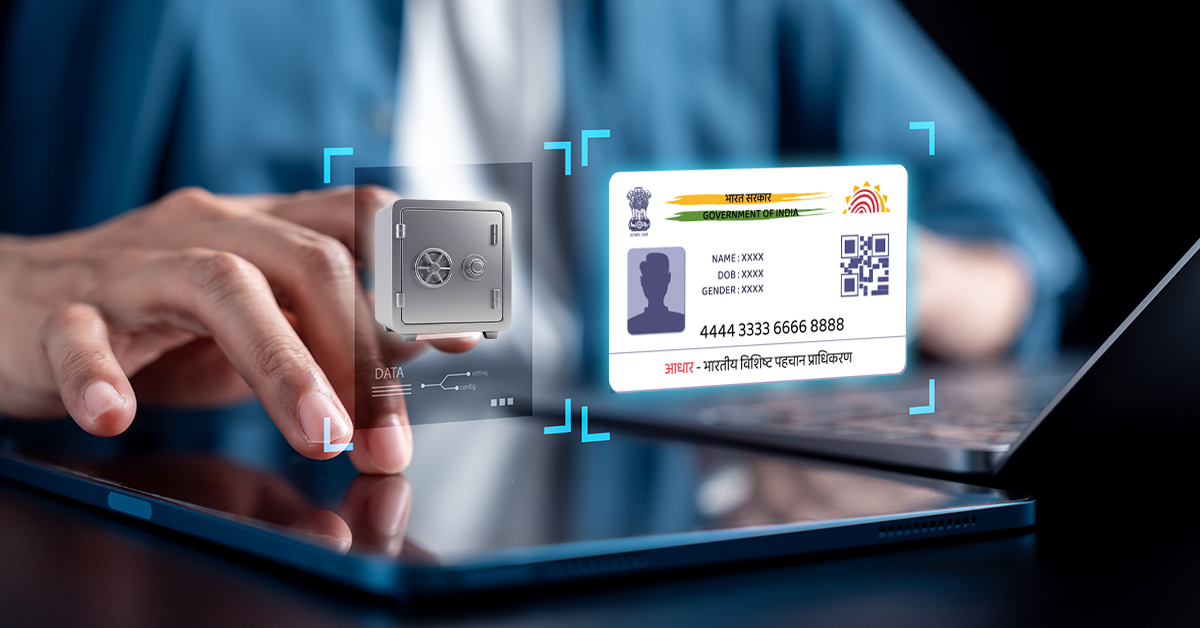


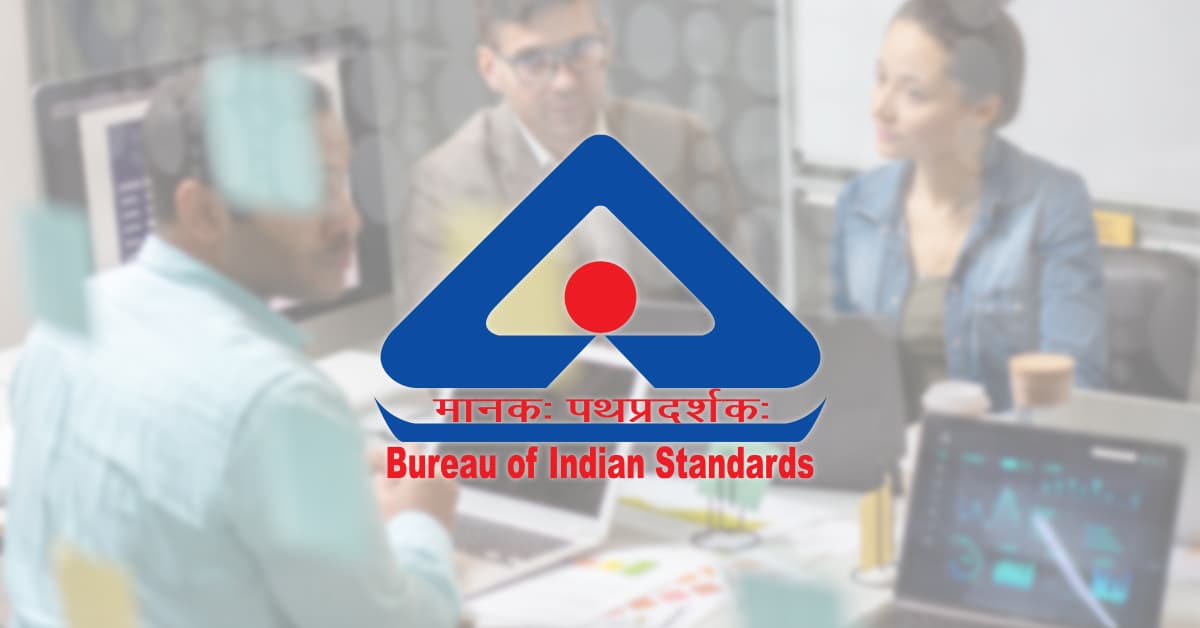

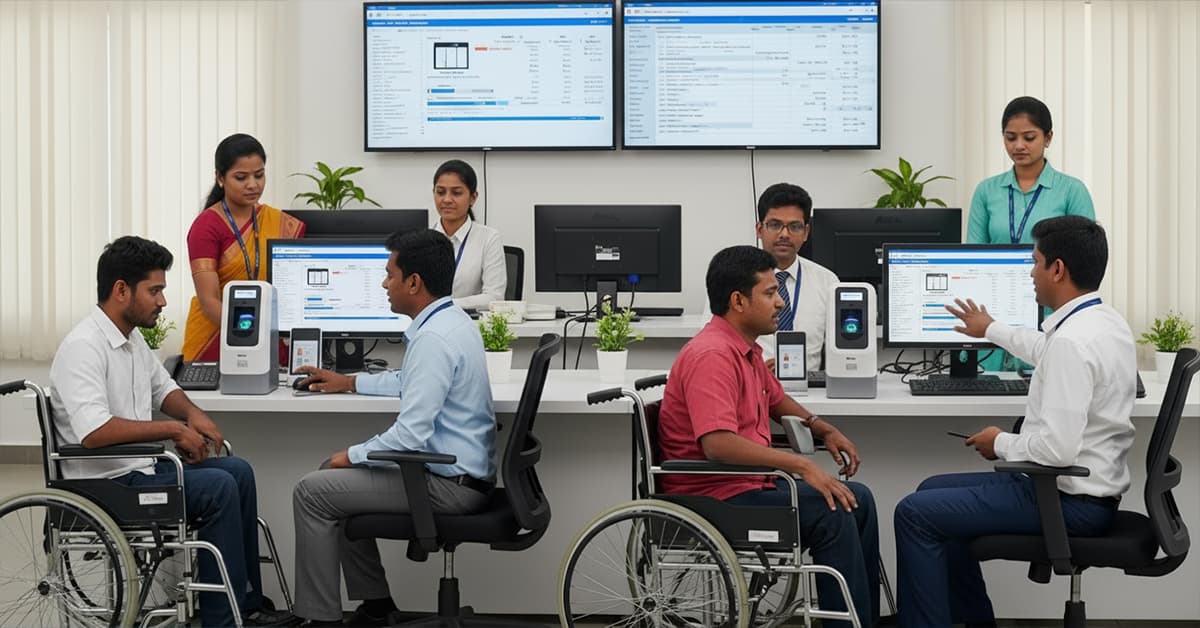





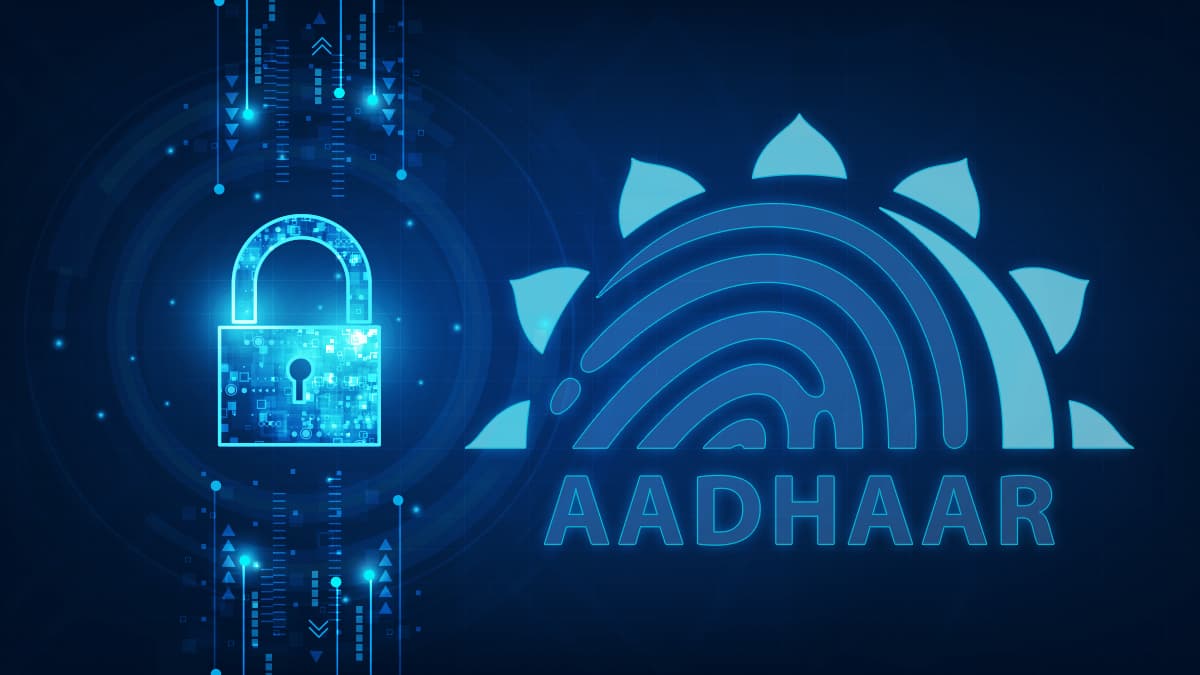
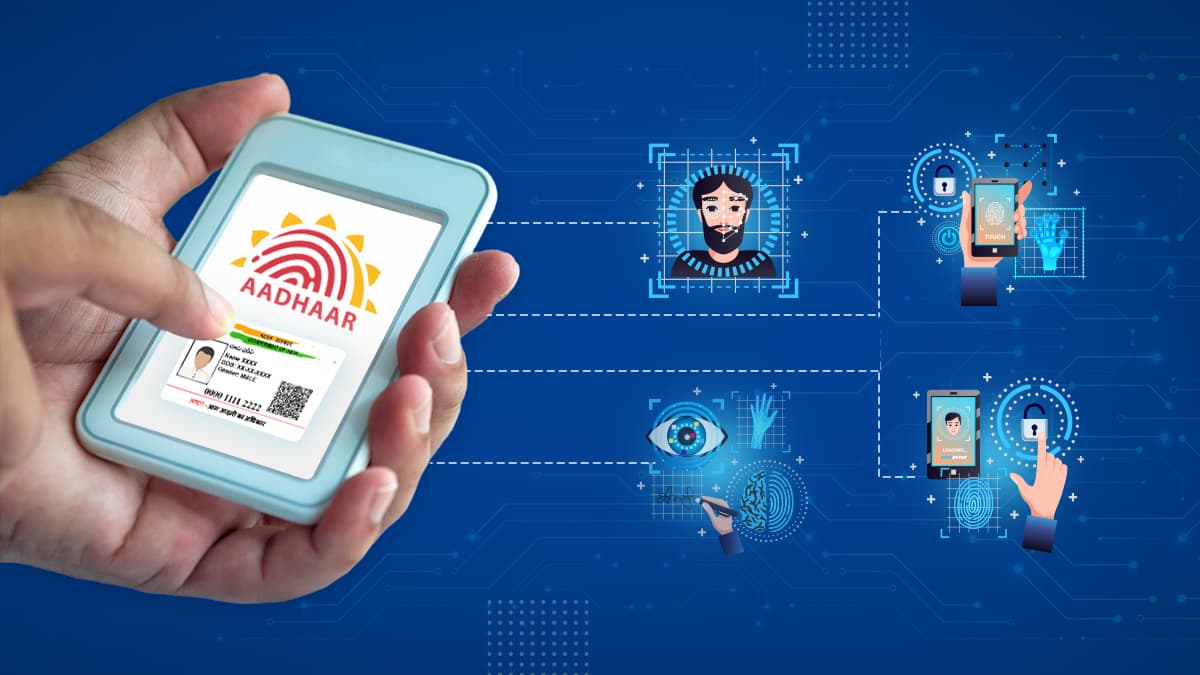
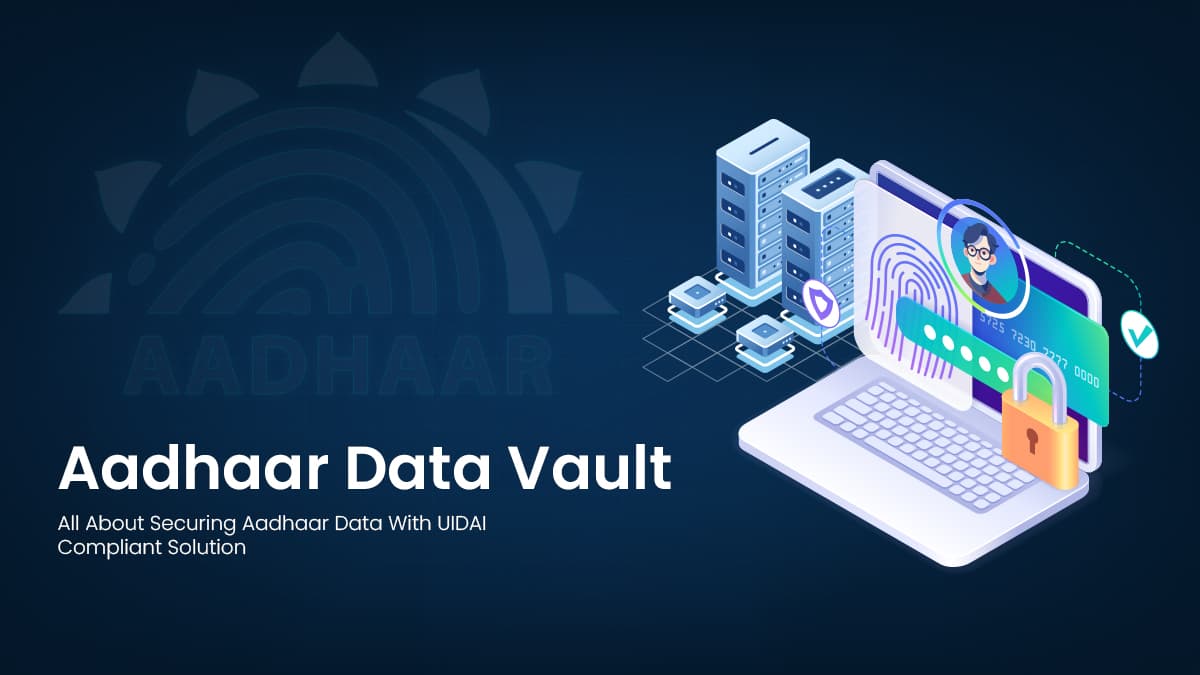



We will verify and publish your comment soon.